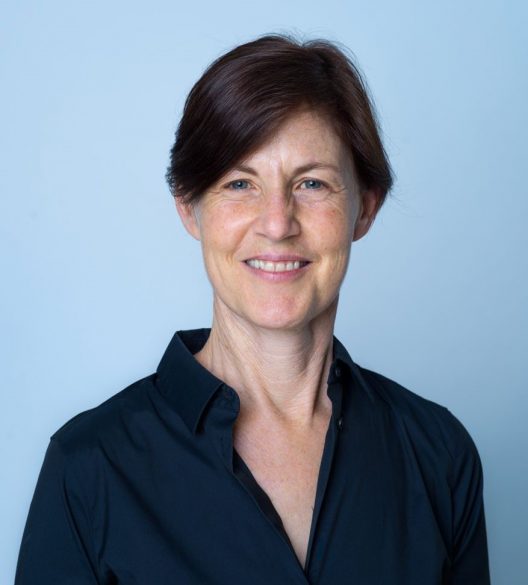Rebecca Sternberg
CEO-CMO, Co-Founder Aquafit Intimate. Pioneering intimate wellness self-care products & services, for women, by women.
Israel
Women’s health, from the medical perspective remains focused on reproductive health; (menstruation; fertility/infertility; pregnancy; maternal health; postpartum). As Aquafit Intimate is focused on intimate wellness (aka sexual health) we continue to see very limited investment, with some very slow changes among healthcare teams, but still not a priority.
We have seen more products and services for managing menopause, but here too, sexual wellness, which is significantly impacted by low estrogen is spoken of indirectly. Hormonal replacement therapy is promoted by healthcare teams, yet less than 40% of women want to use them, so this gap is problematic; Vaginal health and STD’s are still not part of the parlance; even if there is more openness to discussion of pleasure.
So women’s health and wellness needs to broaden its holistic approach. There is a ways to go.
First and foremost is to invest in basic research on estrogen and its impact on women’s health. Both when we have estrogen, and when we don’t…
That includes new approaches to research, data, diagnostics, education, preventive medicine, healthcare and medicine.
Secondly, to expand the arena to include products and services that are preventive, self care and consumer facing offerings impacting women’s’ lives. And giving women agency over their health and wellness.
I N V E S T M E N T!!!!!
Only 1% of R&D funding is directed towards women’s health that is not cancer or reproductive health. So top down investments, must change!
Bottom up support from women. Research and Purchase products developed for you! And be vocal about your feedback!
Leverage new ways of collecting data and analyzing data from women!!! All those apple watches, self reporting, medical records – lets close the data gap. Its doable.
Education of all stakeholders – investors, healthcare, women. And broadening the conversation to include self-care, preventive and lifelong care. Being a woman is not a disease.

